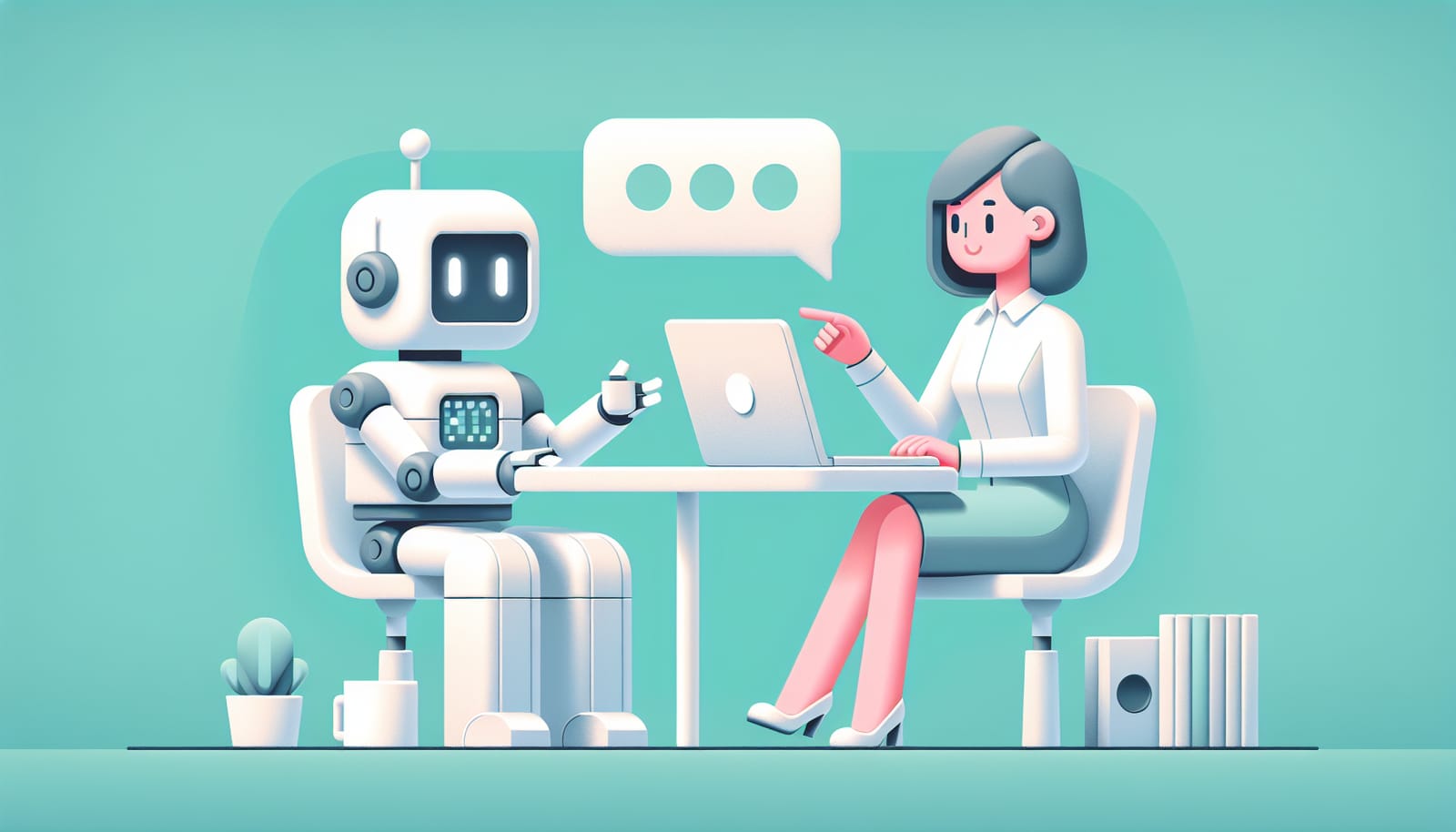In recent years, the concept of robots taking over the world has become a popular theme in movies, TV shows, and books. From the menacing machines in "Terminator" to the friendly droids in "Star Wars," the idea of intelligent robots often captivates our imagination. But how much of this is rooted in reality? In this article, we will explore the truth about robots, artificial intelligence (AI), and why they aren’t on the verge of taking over our lives.
Understanding AI and Robots
To get started, let's clarify what artificial intelligence and robots really are. AI refers to computer systems designed to perform tasks that normally require human intelligence. This includes things like understanding language, recognizing images, and making decisions. Robots, on the other hand, are physical machines that can carry out tasks, often using AI to do so.
Think of AI as the brains and robots as the body. For instance, a robot vacuum cleaner uses AI to navigate around your home and avoid obstacles, making the cleaning process more efficient. While both AI and robots are advancing rapidly, they are tools created by humans to help us, not to replace us or rule over us.
The Reality of AI Development
Many people fear that as AI becomes more sophisticated, it will become uncontrollable. However, the truth is that AI is still far from being perfect. Developers are constantly working to improve AI systems, but these technologies are not self-aware and do not have desires or intentions like humans do. They operate based on algorithms and data, making decisions within the limits set by their programming.
Moreover, the development of AI is heavily regulated. Governments and organizations worldwide are putting measures in place to ensure that AI is used safely and ethically. This means that while AI will continue to evolve, it will do so with careful oversight, reducing the likelihood of any dystopian scenarios.
The Role of Robots in Our Lives
Right now, robots are being utilized in various industries to improve efficiency and productivity. For example, in manufacturing, robots can assemble products faster and with greater precision than humans. In healthcare, robotic systems assist surgeons during delicate procedures, enhancing the safety and accuracy of operations.
However, these robots complement human workers rather than replace them. They take on repetitive and dangerous tasks, allowing people to focus on more complex and creative aspects of their jobs. This collaboration between humans and robots is what makes our society stronger.
The Myths vs. Reality of Robot Takeovers
One of the most common myths surrounding robots is that they will become sentient and decide to take over the world. In reality, current robots and AI systems lack consciousness, emotions, and the ability to make independent decisions. They simply follow the instructions given to them by their programmers.
Another myth is that robots will lead to massive job losses. While it’s true that some jobs may evolve or become obsolete due to automation, new jobs are also created in the process. For example, as industries incorporate AI, there will be a demand for AI specialists, data analysts, and technicians to maintain robotic systems. The job landscape is changing, but this change often leads to new opportunities.
AI in Everyday Life
AI is already part of our daily routines, often in ways we don’t even realize. For instance, when you use a voice assistant like Siri or Alexa, that's AI at work, understanding your commands and providing responses. Social media platforms also use AI algorithms to curate your feed, showing you posts and ads tailored to your interests.
This integration of AI into our lives demonstrates its potential for enhancing convenience and personalizing our experiences. While it’s important to remain vigilant about how we use technology, embracing its benefits can lead to exciting advancements.
The Future: Collaboration, Not Domination
As we look to the future, it’s essential to focus on how AI and robots can collaborate with humans rather than dominate them. The goal of AI development is to create systems that enhance our capabilities and improve our quality of life. This means fostering a partnership where humans and machines work together toward common goals.
In fields like education, AI can provide personalized learning experiences tailored to each student’s needs. In environmental protection, AI can analyze data to help us understand climate change and develop solutions. The possibilities are endless, and the future is bright for those who are willing to embrace change.
Conclusion: A World with Robots and AI
In conclusion, the notion that robots are about to take over the world is more fiction than fact. As we continue to innovate and develop AI technologies, it is crucial to remember that they are tools designed to assist us, not control us. The relationship between humans and robots is one of collaboration, and as long as we approach AI development responsibly, we can look forward to a future filled with exciting possibilities.
So, the next time you see a robot in a movie or hear about AI taking over, remember that in reality, they are here to work alongside us, helping us create a better world. Embrace the technology, stay informed, and let your imagination soar as we navigate the future together!


